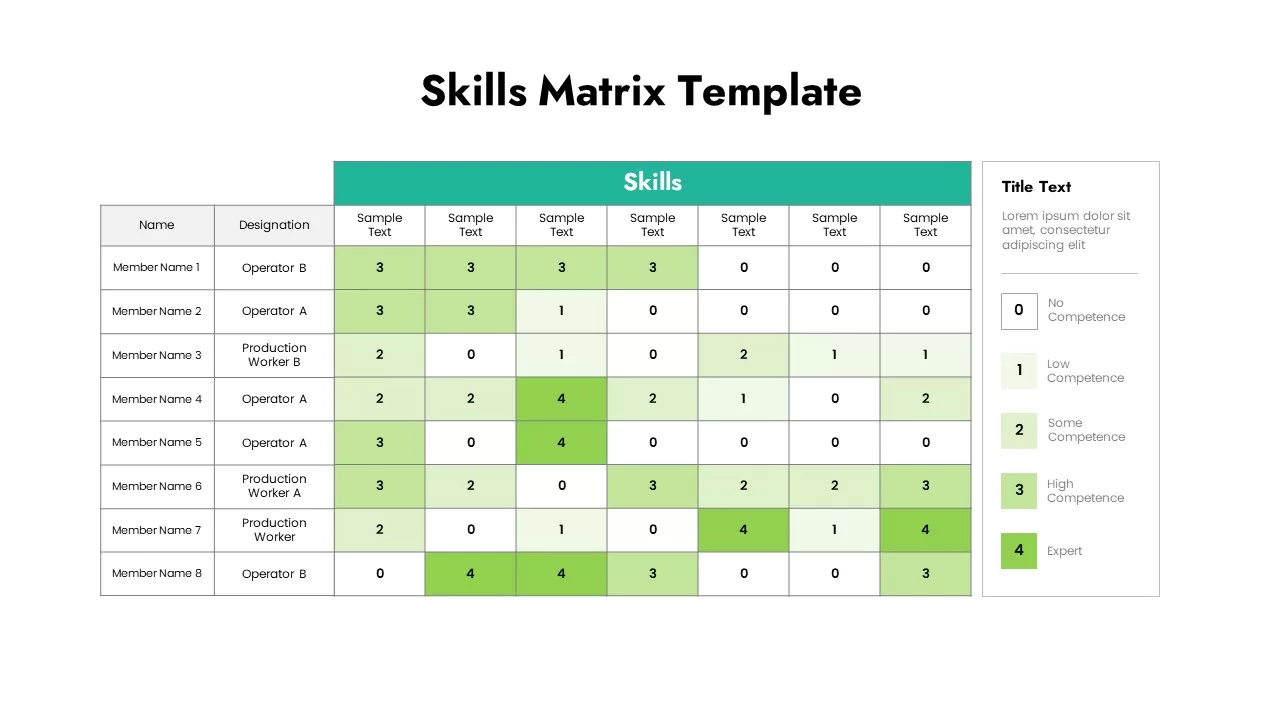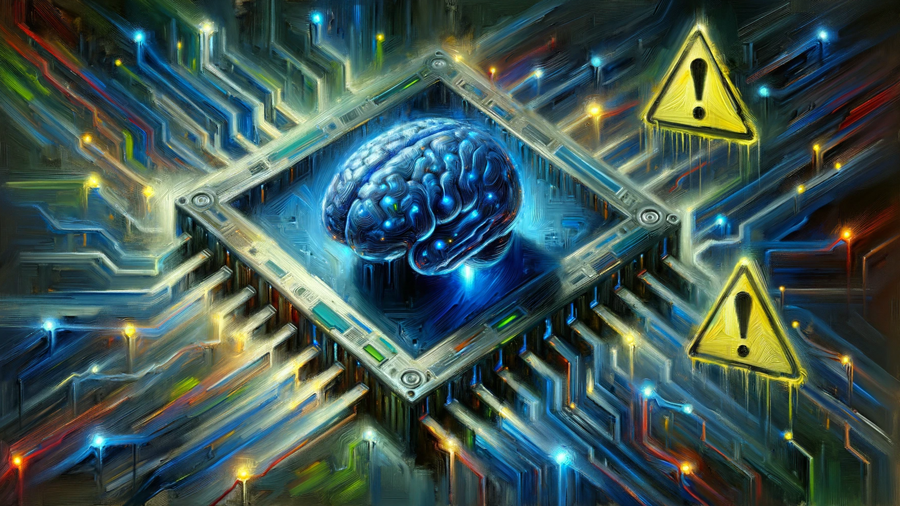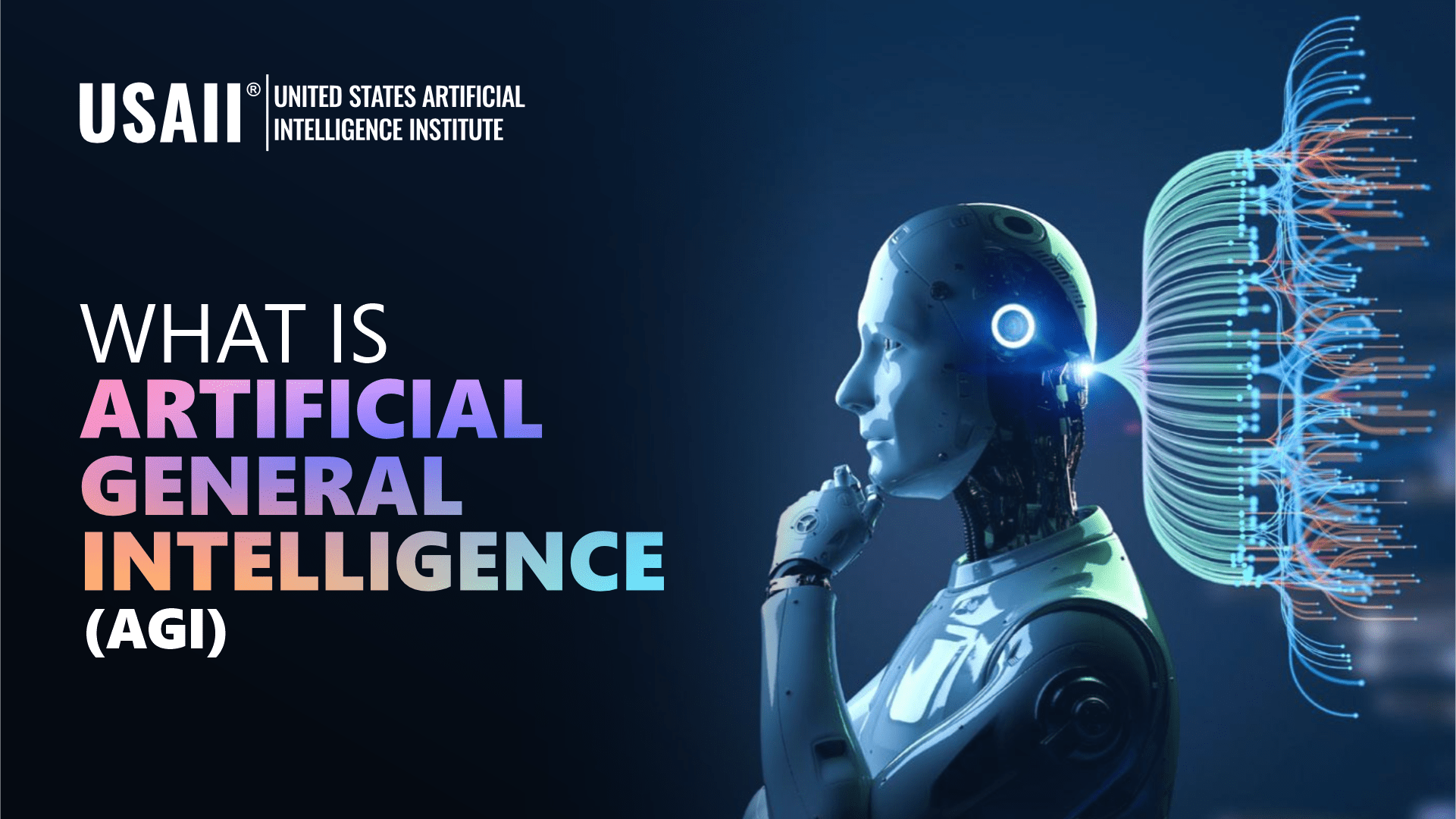
Transitioning to an AI Career: How to Pivot and Succeed

Artificial Intelligence (AI) is making waves across industries, from chatbots to self-driving cars, and the demand for AI talent is growing exponentially. If you’re thinking about shifting your career to AI, you’re stepping into a booming field with endless opportunities. Whether you’re a software engineer looking to specialize in AI, a beginner eager to get into the field, or even someone considering a career change later in life, AI offers paths for all.
Why AI is a Smart Career Move

AI is revolutionizing industries by enabling machines to learn, reason, and make decisions in ways that mimic human intelligence. Whether it’s voice assistants like Siri, fraud detection systems in banking, or personalized treatments in healthcare, AI is deeply embedded in nearly every sector.
The AI field is seeing tremendous growth, with massive investments in AI technologies. In fact, according to the Stanford 2024 AI Index Report, AI companies received nearly $25 billion in investments in 2023—an almost ninefold increase from the previous year. As a result, there’s a growing demand for skilled AI professionals across various industries.
Is Now the Right Time to Switch to AI?

With AI’s rapid growth and pervasive presence, you might be wondering whether it’s the right time to make the leap. The answer: Yes, now is a perfect time.
- AI professionals are in high demand: AI skills are needed across all industries—healthcare, finance, education, and beyond. In fact, AI job postings accounted for more than 1.6% of all U.S. job postings in 2023.
- AI roles offer competitive salaries: Due to the substantial investments companies are making in AI, professionals with AI expertise are in demand and command high salaries.
- It’s just the beginning: AI is still in the early adoption phase, meaning there’s ample room for innovation. If you enter the field now, you have the chance to shape its future.
Assessing Your Current Skill Set: Are You a Fit for AI?

Many people mistakenly believe they need a technical background or advanced degree to break into AI. The reality is that AI is becoming increasingly accessible to professionals from all backgrounds. Your existing skills—whether from marketing, finance, healthcare, or even education—can be highly transferable to AI roles.
Here’s how you can assess whether you’re ready for a career in AI:
- Data Analysis: If you’ve worked with spreadsheets, reports, or market trends, you already have a foundation in data-driven decision-making.
- Problem-solving and Critical Thinking: AI is all about optimizing solutions. If you’re skilled at troubleshooting or strategic thinking, you’ll likely thrive in an AI environment.
- Domain Expertise: AI is heavily used in various industries. Whether it’s healthcare, finance, or law, if you’re an expert in a field, you can apply AI to solve industry-specific challenges.
- Communication and Business Strategy: AI roles require professionals who can bridge the gap between technical teams and business goals. If you can explain complex concepts clearly, that’s a huge asset.
Filling Skill Gaps: How to Get Ready for AI

Even though many AI roles are accessible to non-technical professionals, there may still be skill gaps you need to fill. Luckily, there are plenty of resources to help you get up to speed:
- Online Courses and Bootcamps: Platforms like Coursera, edX, and Udemy offer free and paid courses in AI fundamentals, machine learning, and data analysis. If you’re aiming for more specialized roles, look for bootcamps focused on data science, machine learning, or AI development.
- Certifications: Earning certifications like Google’s Data Analytics certificate or IBM’s AI certification can help you gain credibility without a formal degree.
- Freelancing or Volunteering: Build your portfolio by taking on side projects or volunteering. These experiences can help demonstrate your skills to potential employers.
Key AI Roles You Can Consider

AI is a vast field with roles that range from technical positions to strategic and business-related ones. Here are six in-demand AI careers:
- Data Scientist: Analyze large datasets, build predictive models, and support decision-making. If you have a background in data analysis, transitioning into data science can be a natural move.
- Machine Learning Engineer: Design algorithms that allow AI systems to learn from data. Strong programming skills in Python, Java, or C++ are key to this role. If you’re a developer, this is a great path to consider.
- AI Researcher: Work at the cutting edge of AI, developing new algorithms and exploring innovative applications. This role typically requires advanced degrees and deep expertise in AI.
- AI Developer: Integrate AI capabilities into software applications, such as chatbots or recommendation systems. If you’re a software developer, this is a seamless transition.
- AI Product Manager: Manage AI-powered products, bridging the gap between AI technology and business needs. This role is perfect for those with product management experience who want to move into AI without a technical background.
- AI Consultant/Strategist: Help businesses adopt and implement AI solutions. If you come from a business background, this could be an ideal fit.
Tips for Successfully Transitioning to an AI Career

Breaking into AI doesn’t have to be daunting. Here are some practical tips to help you transition smoothly:
- Highlight Transferable Skills: Leverage your experience in problem-solving, critical thinking, and domain expertise. Show how these skills can be applied to AI applications.
- Build a Portfolio: Even if you’re new to AI, start small by working on AI-driven projects or case studies. These will be valuable when presenting yourself to potential employers.
- Network: Attend AI-focused events, join online communities, and connect with professionals in the field. Networking is a key way to learn and find opportunities.
- Adopt a Growth Mindset: The AI field is constantly evolving, so stay curious. Keep learning, experimenting with new tools, and embracing new opportunities.
FAQs
1. How do I start a career in AI with no technical background?
You can start by learning the basics of AI through online courses. Focus on understanding AI fundamentals, exploring no-code AI tools, and working on small AI projects related to your field. Networking and participating in AI communities can also help you break into the field.
2. Can I switch to AI at age 40 or beyond?
Absolutely. AI is a rapidly evolving field that values experience and domain expertise. Professionals of all ages are making successful transitions to AI by leveraging their existing skills and learning new ones.
3. What AI skills should I focus on to transition to this field?
The essential AI skills depend on the role you’re targeting. If you’re aiming for a technical role, learning Python, SQL, and machine learning concepts is crucial. For non-technical roles, focus on AI ethics, decision-making, and the ability to translate AI concepts into business strategies.
4. How can I get an AI job without a degree?
AI roles often prioritize skills and experience over formal education. By completing relevant online courses, working on personal AI projects, and earning certifications, you can demonstrate your expertise without a degree.
5. What types of AI jobs are available for non-technical professionals?
Non-technical professionals can consider roles like AI product manager, AI consultant, or AI strategist. These positions focus more on applying AI in business contexts rather than building AI models or writing code.
Conclusion: Your AI Career Journey Starts Now
AI is transforming industries and creating new opportunities. Whether you’re a beginner or a seasoned professional, now is the perfect time to pivot your career to AI. By identifying your transferable skills, learning new tools, and positioning yourself strategically, you can successfully enter the world of artificial intelligence and shape your future in this exciting field.

